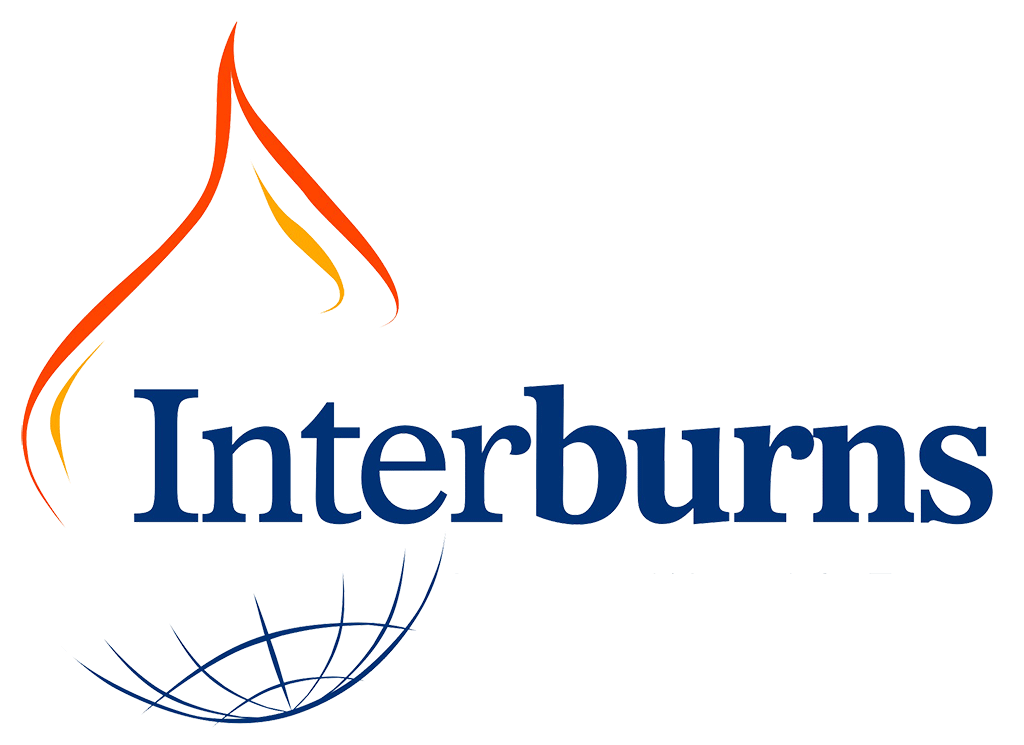Basic Burn Care takes off.
Primary-level health care workers at rural health posts, community clinics and local hospitals are often the first to treat a burn-injured patient and yet receive little or no training in the basics of burn care. Effective first aid and initial care or referral to an appropriate hospital is crucial, and can make the difference between recovery, infection, disability or death.
Interburn’s Basic Burn Care (BBC) course enables primary level healthcare workers to treat burn patients from the earliest point, ensuring patients have the best chance of an uncomplicated recovery.
Like all Interburn’s programmes, BBC has been developed through a rigorous process, distilling the knowledge and experience of public health specialists, Ministry of Health representatives, programme managers and researchers from Nigeria, Malawi, Ethiopia, the Occupied Palestinian Territories, Egypt, Bangladesh, Nepal, Canada and the UK.
The result is a unique one day course targeted to primary health care workers in low resource settings. Content is adaptable to reflect local circumstances and all training materials are handed over to locally trained staff for roll out in the local language, be it Amharic, Arabic, or Nepali.
We are delighted to hear of ongoing BBC training in three project countries organized by our partners, AMREF Health Africa in Ethiopia, Sagun in Nepal and Medical Aid for Palestinians (MAP) in the occupied Palestinian Territories (oPT).
In the West Bank, training of trainers (ToT) was carried out in September 2019 and 135 staff have so far been trained through 7 locally run BBCs. A ToT is planned for Gaza in early 2020, where 10-15 BBCs will train 100-150 nurses. Our thanks to the Ministry of Health in the West Bank for initiating BBC as part of their regular systematized training through the General Directorate of Education in Health (GDEH).
In Ethiopia, 157 healthcare workers have received BBC training, with a further course planned in 2020. Emphasis is placed on prevention and first aid as well as local practices identified through recent community surveys.
In Nepal, heavy flooding delayed travel to target districts but two successful trainings have recently been held for 65 health staff from Janakpur and Makawanpur. A further BBC is planned for early 2020.
Many thanks to all involved, we hope this is just the start of patients in remote or low resource areas being able to access good quality burn care as soon as possible after injury.
